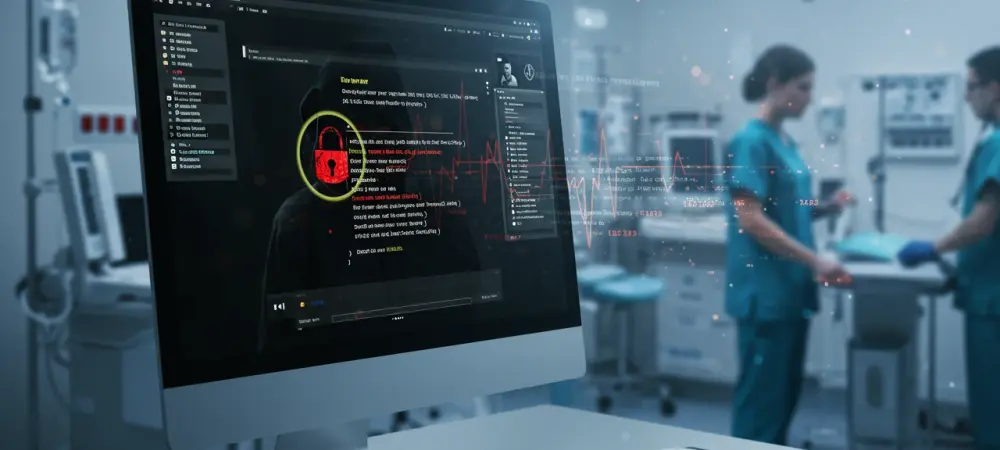The significance of robust cybersecurity in healthcare has been highlighted by the recent data breach at McLaren Health Care. This cyberattack compromised sensitive data from 743,131 individuals, underscoring vulnerabilities in digital security and emphasizing the necessity for vigilant threat detection and response systems within healthcare facilities.
Timeline of Key Events
July 17, 2024 – Initial Breach
On July 17, 2024, malicious actors infiltrated McLaren Health Care’s systems, exploiting vulnerabilities to access a vast amount of personal and sensitive information. The intrusion went unnoticed for several weeks, indicating significant deficiencies in McLaren’s cybersecurity surveillance and proactive defense mechanisms against cyber threats.
August 5, 2024 – Discovery of Unauthorized Access
By August 5, 2024, McLaren discovered unauthorized access to its systems. The nearly three-week delay before detection raises critical questions about the organization’s incident response strategies and monitoring efficiency. It underscores the essential requirement for improved cybersecurity protocols to detect and mitigate unauthorized intrusions swiftly.
June 20, 2025 – Notification to Affected Consumers
Subsequently, almost eleven months after the breach was detected, McLaren Health Care issued notifications to the affected individuals on June 20, 2025. This prolonged interval between detection and disclosure is troubling for cybersecurity experts, as it reveals potential delays in breach response coordination and stresses the critical need for prompt communication with those impacted by such breaches.
Conclusion
Key milestones from the cyberattack on McLaren Health Care revealed significant deficiencies in threat detection and communication with victims. Going forward, healthcare organizations should prioritize enhancing real-time monitoring systems and establish rapid incident response protocols. This breach highlighted the growing complexity of cyber threats and necessitated adopting advanced technology and strategic innovations tailored for data protection. Furthermore, it is imperative for entities to foster interdepartmental collaboration and ensure staff receive comprehensive training to bolster effective cybersecurity defenses.

